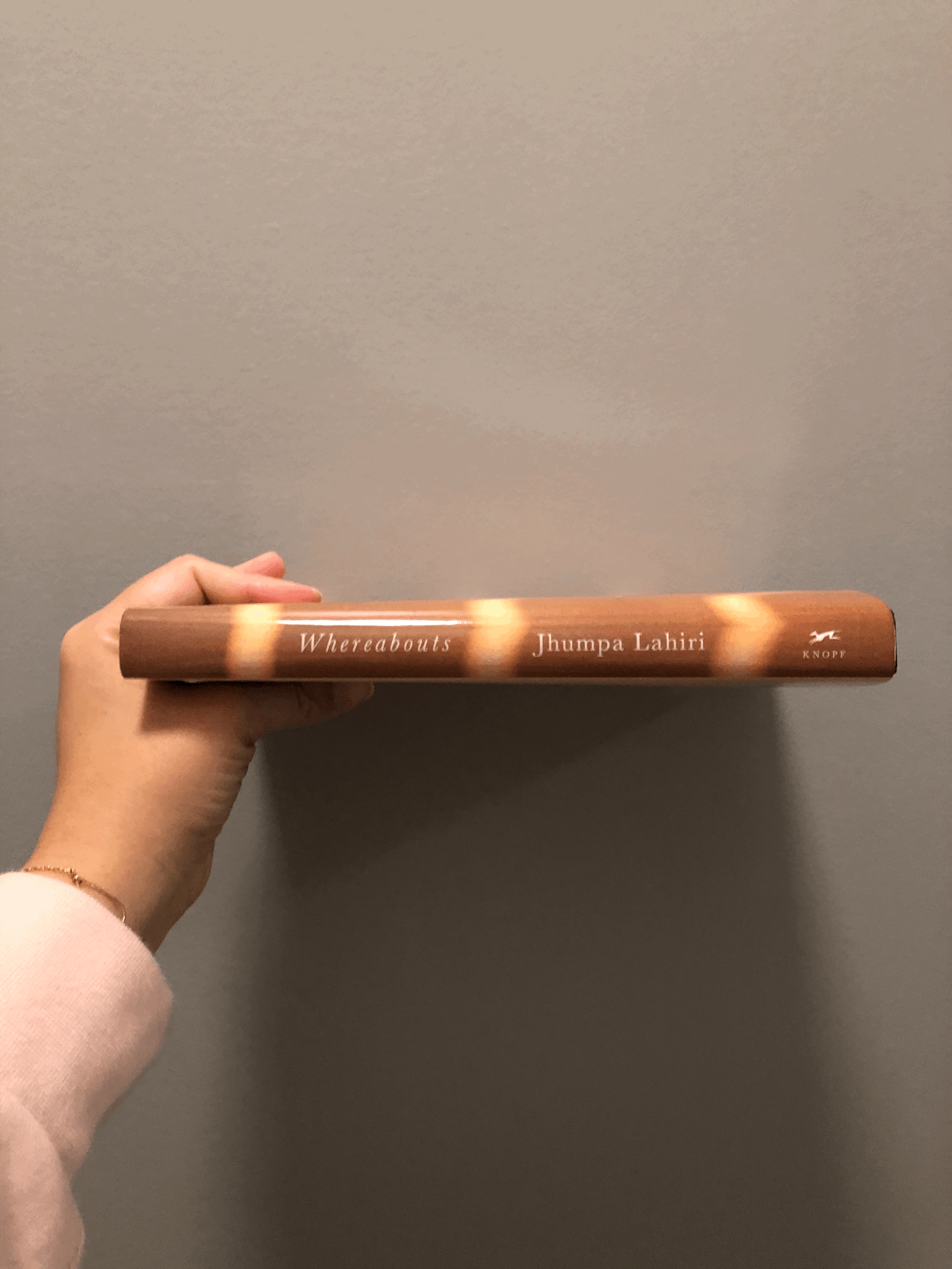
We Need More Characters Like Jhumpa Lahiri’s Narrator
It is rather unusual to see single, solitary women depicted accurately in fiction. It’s as if, unobserved in life, they have also fled the stage of literature, their independence insulating them from narrative force.
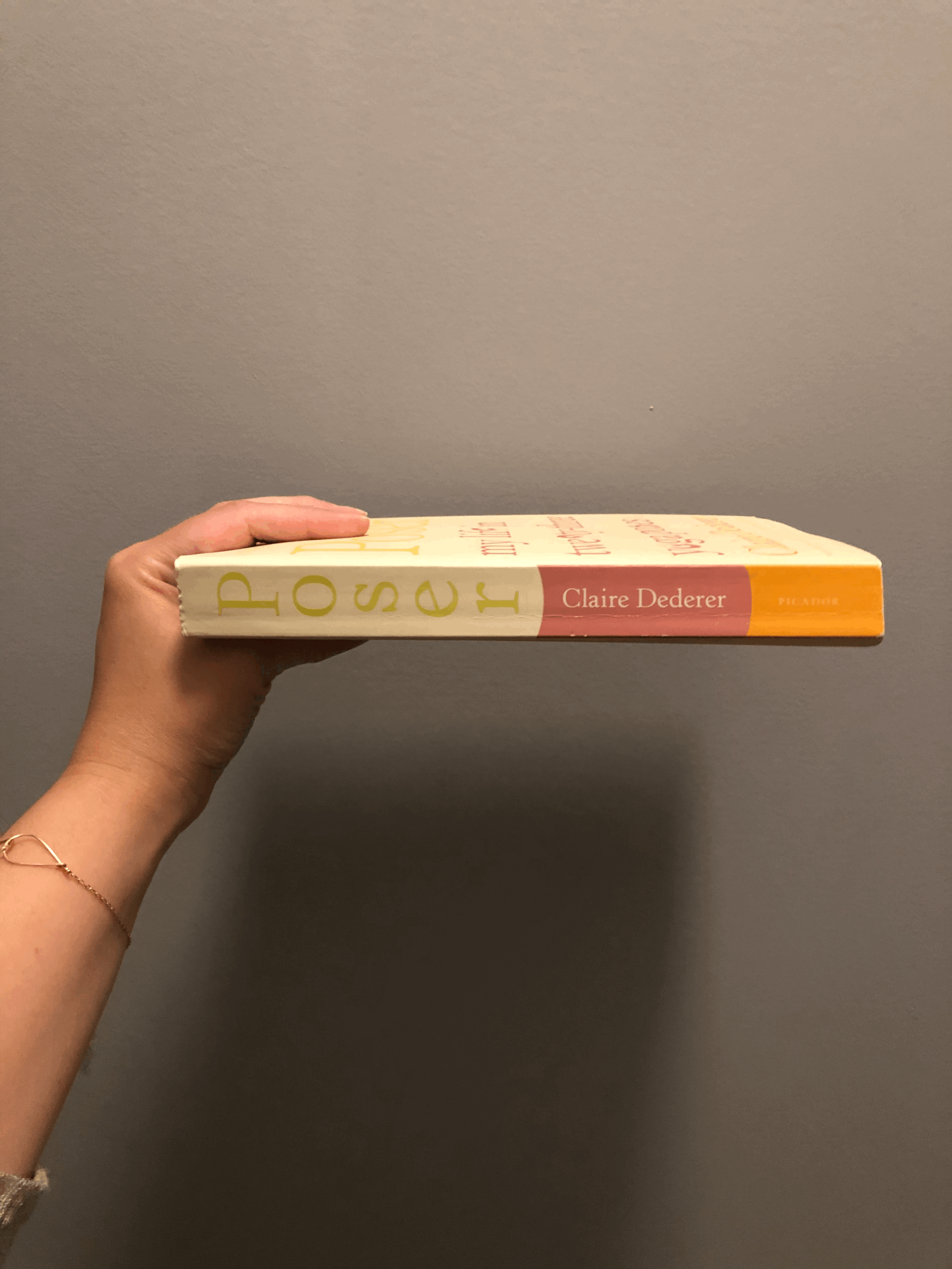
I Don’t Want to Be Claire Dederer’s “Poser”
Dispensing with role-playing may be, I think after reading Dederer’s book, necessary to becoming a fully realized adult. And if I am to become a mother, as “a fully realized adult” is the only way I want to do it.
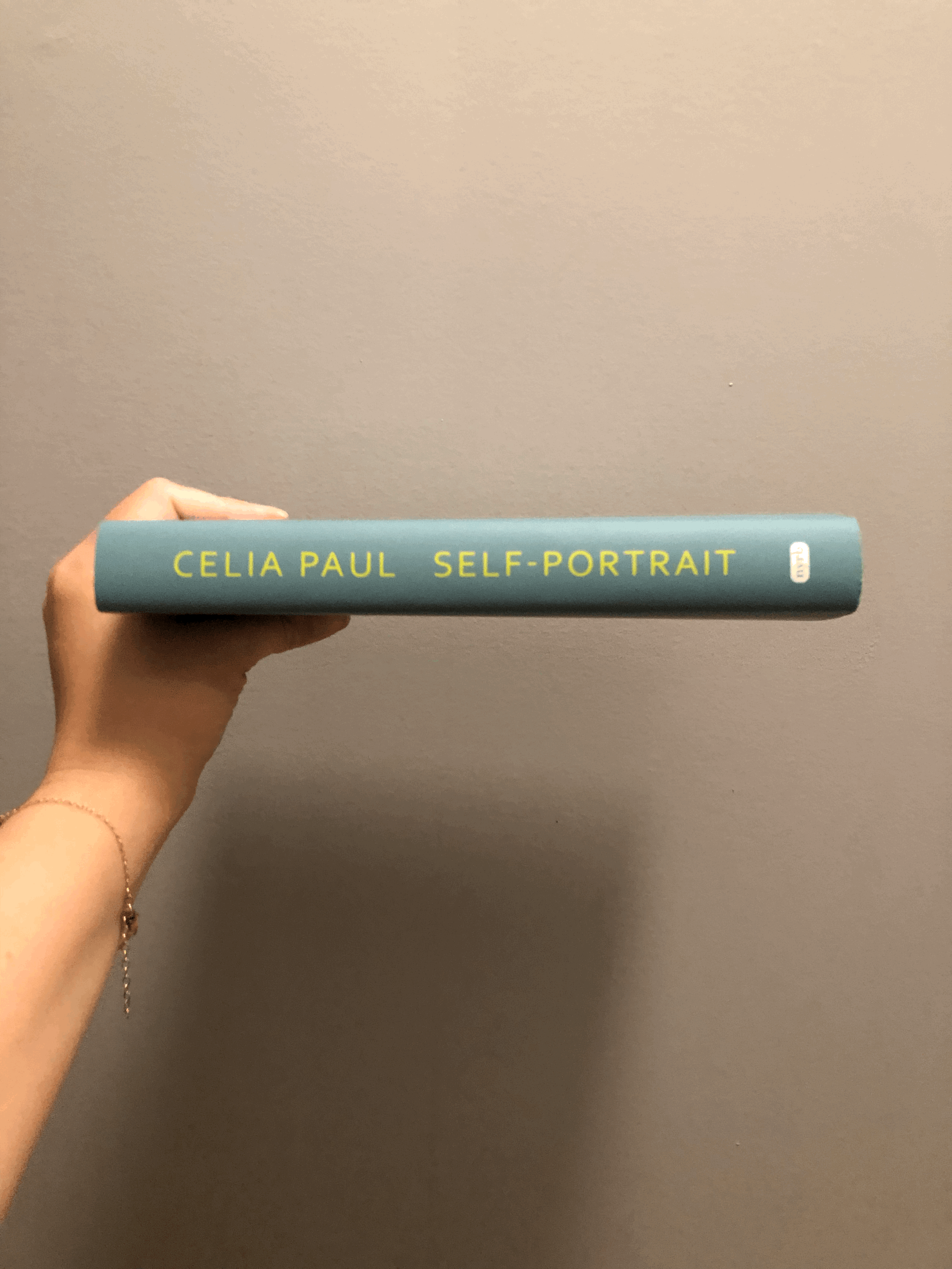
Celia Paul’s Remarkable Removal
What many mothers might consider anathema, and what Paul herself describes as sacrifice, was the very thing necessary to being both mother and artist.
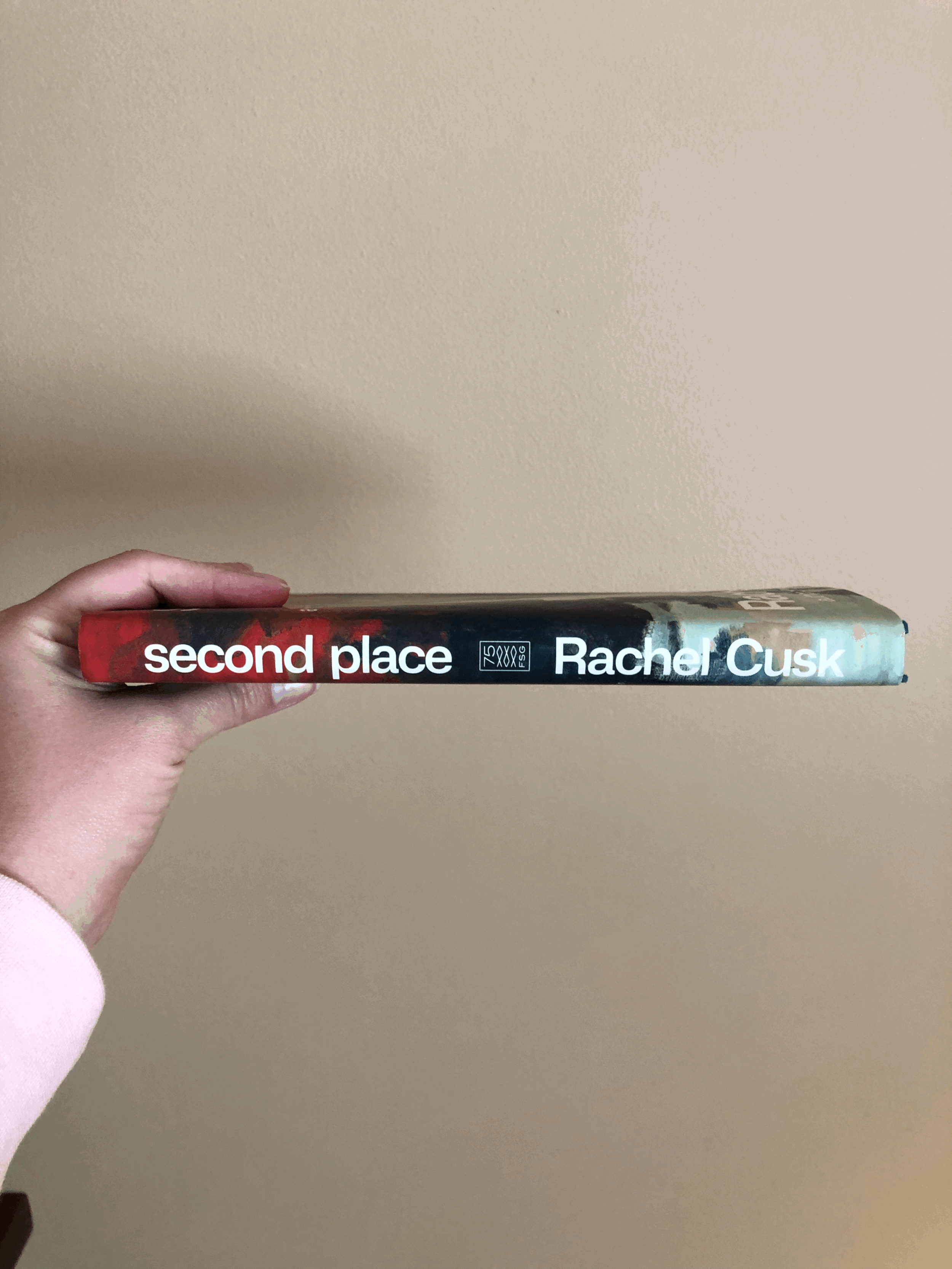
Rachel Cusk’s Translated Will
To have a child is to surrender one’s will rather than exerting it. The child does not exist as the perfect external realization of an internal intention. His own will interferes in the determination of his outcome.
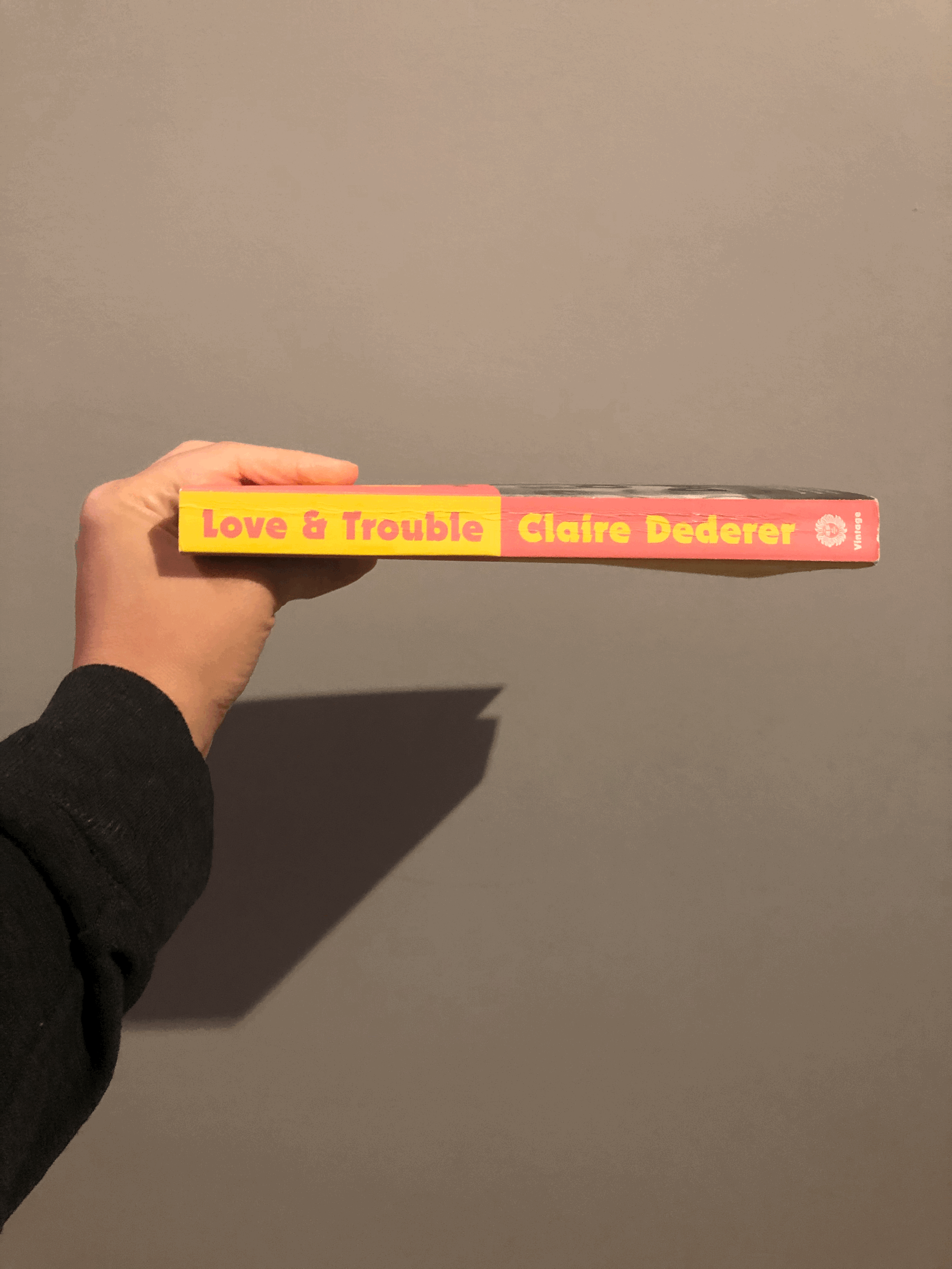
Claire Dederer’s Selfish Sacraments
Maybe, in the end, all mothers are monsters. Maybe the only way to avoid becoming monstrous is to forgo motherhood entirely.
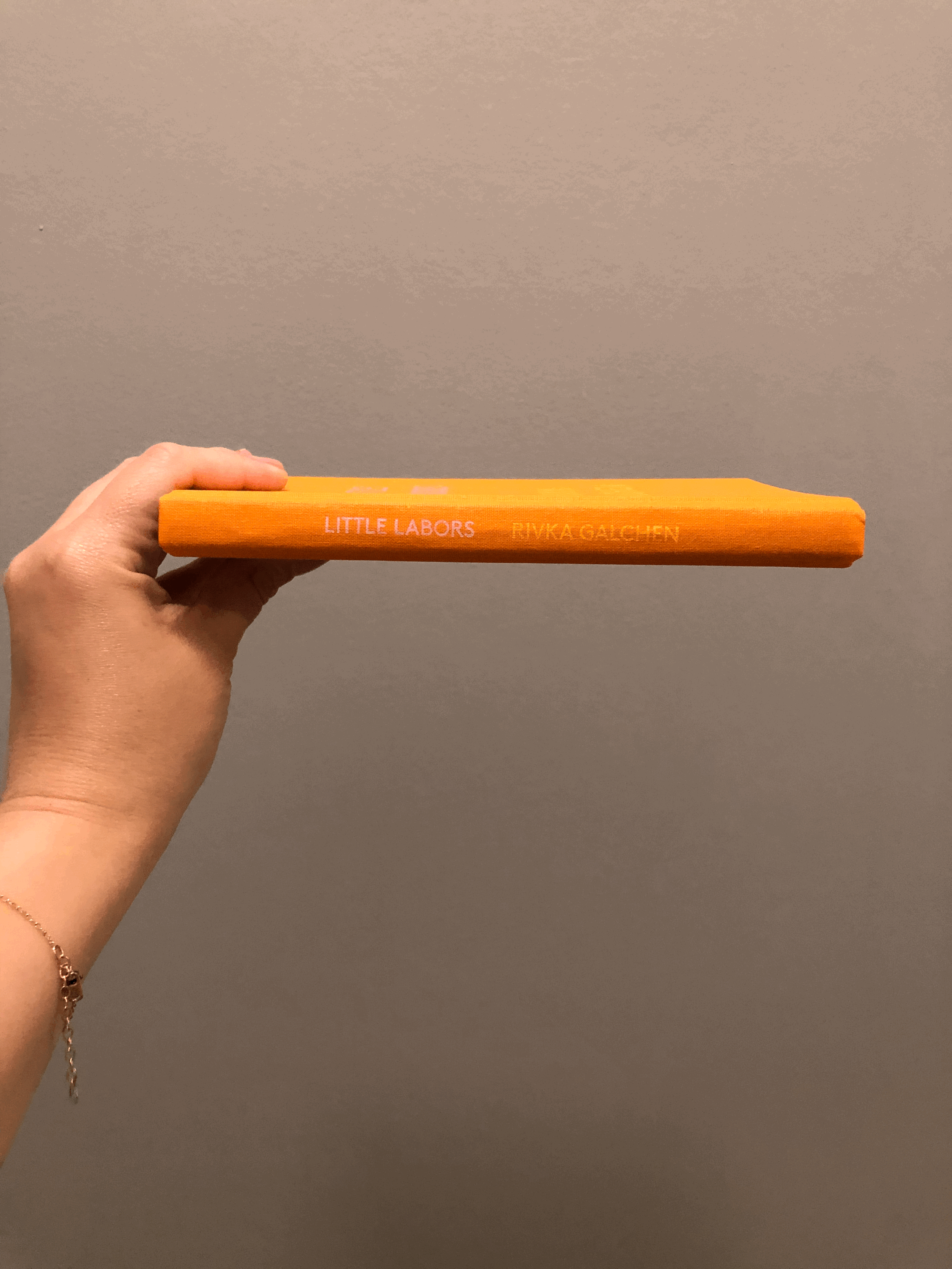
Rivka Galchen’s Restful Worship
The problem isn’t and never has been motherhood itself. The problem has always been me—my fragile focus, so easily shattered; my delicate ambition, easily spooked but not as easily relinquished.
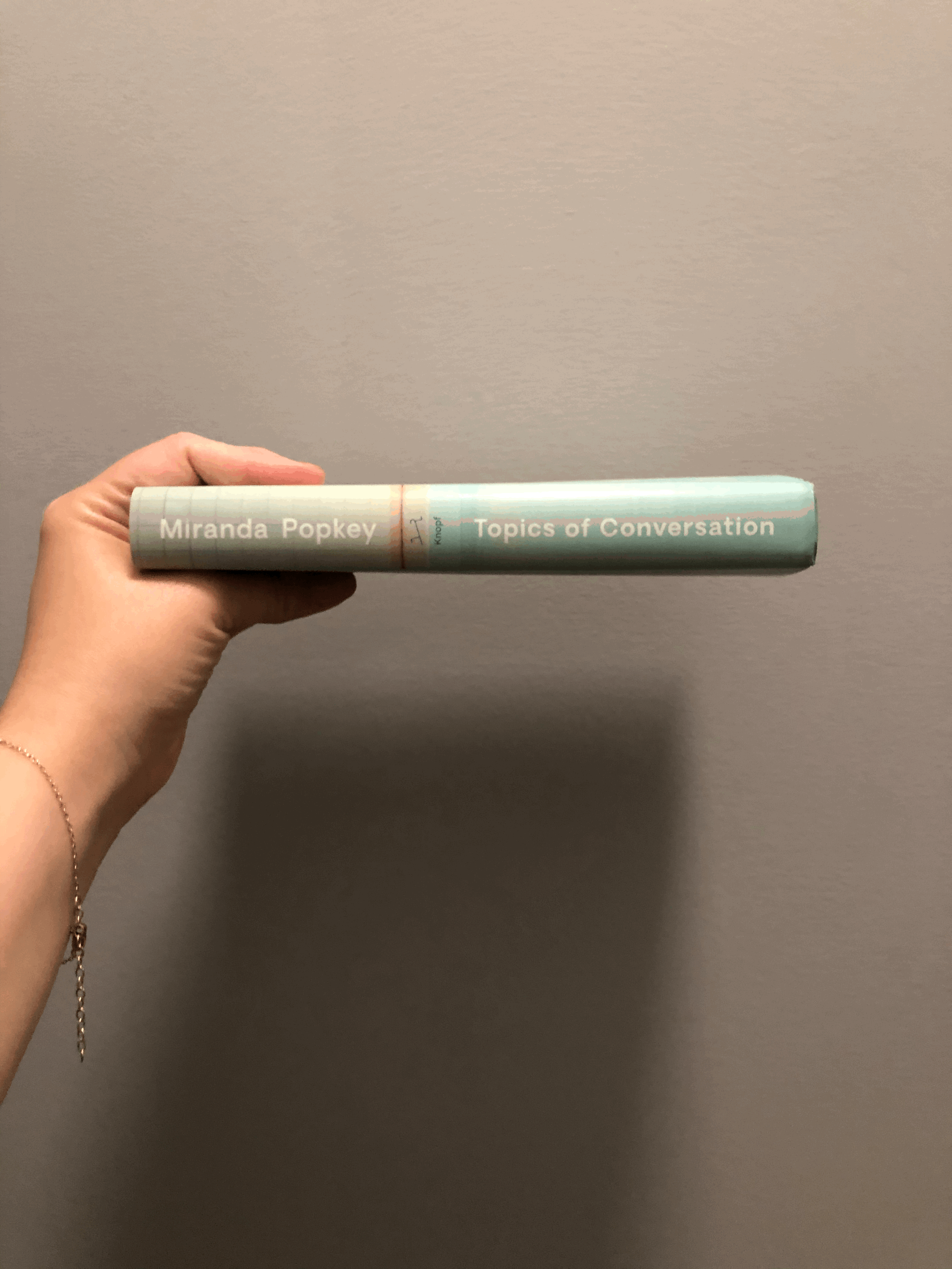
Miranda Popkey’s Sense of Surety
Motherhood would make of me someone I don’t know yet. What if she’s the opposite of the woman I’ve come to expect?
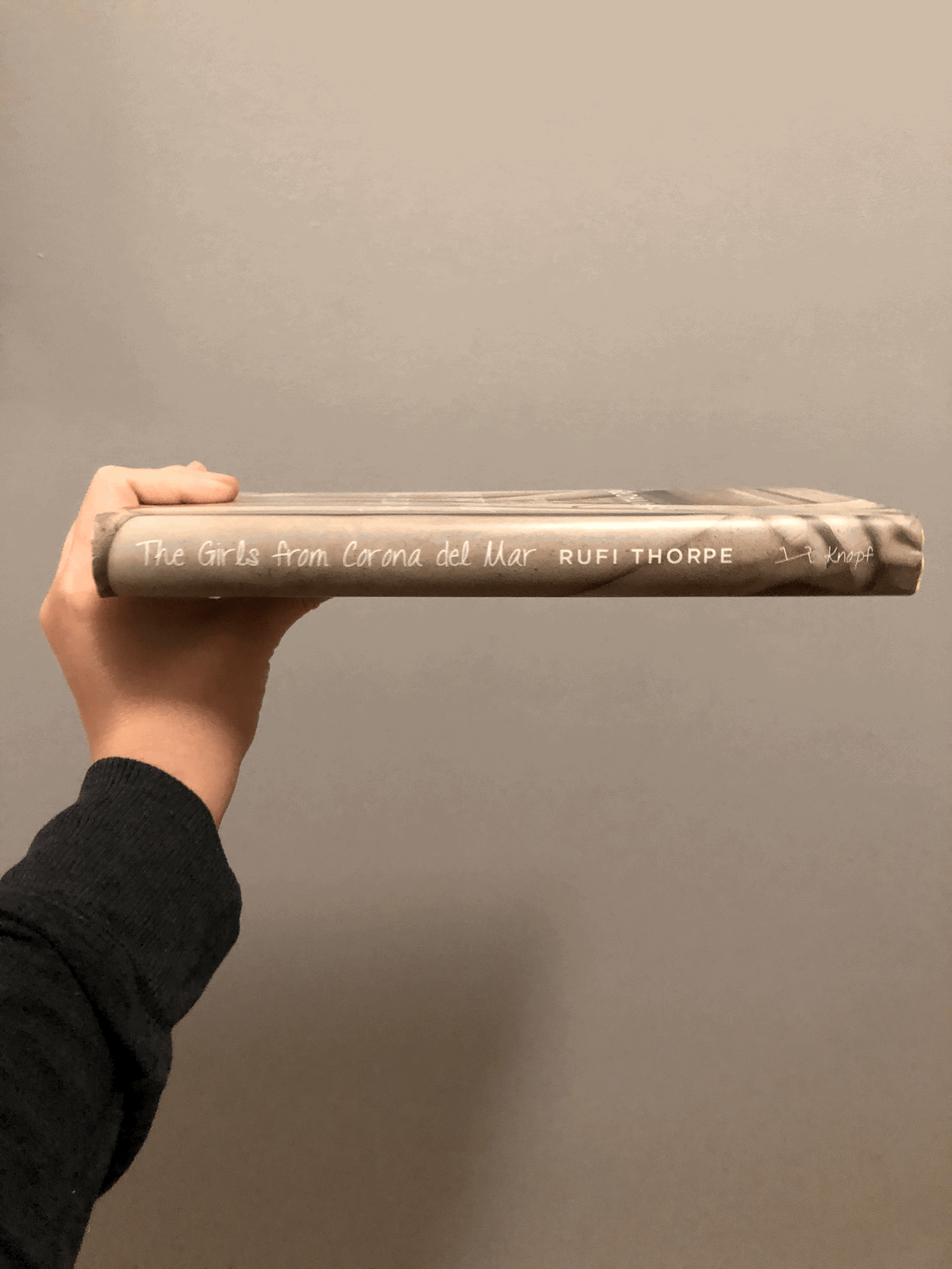
Rufi Thorpe & Making the Most of Myself
The irony of this entire inquiry is that I spent most of my twenties trying and failing to throw my self away.
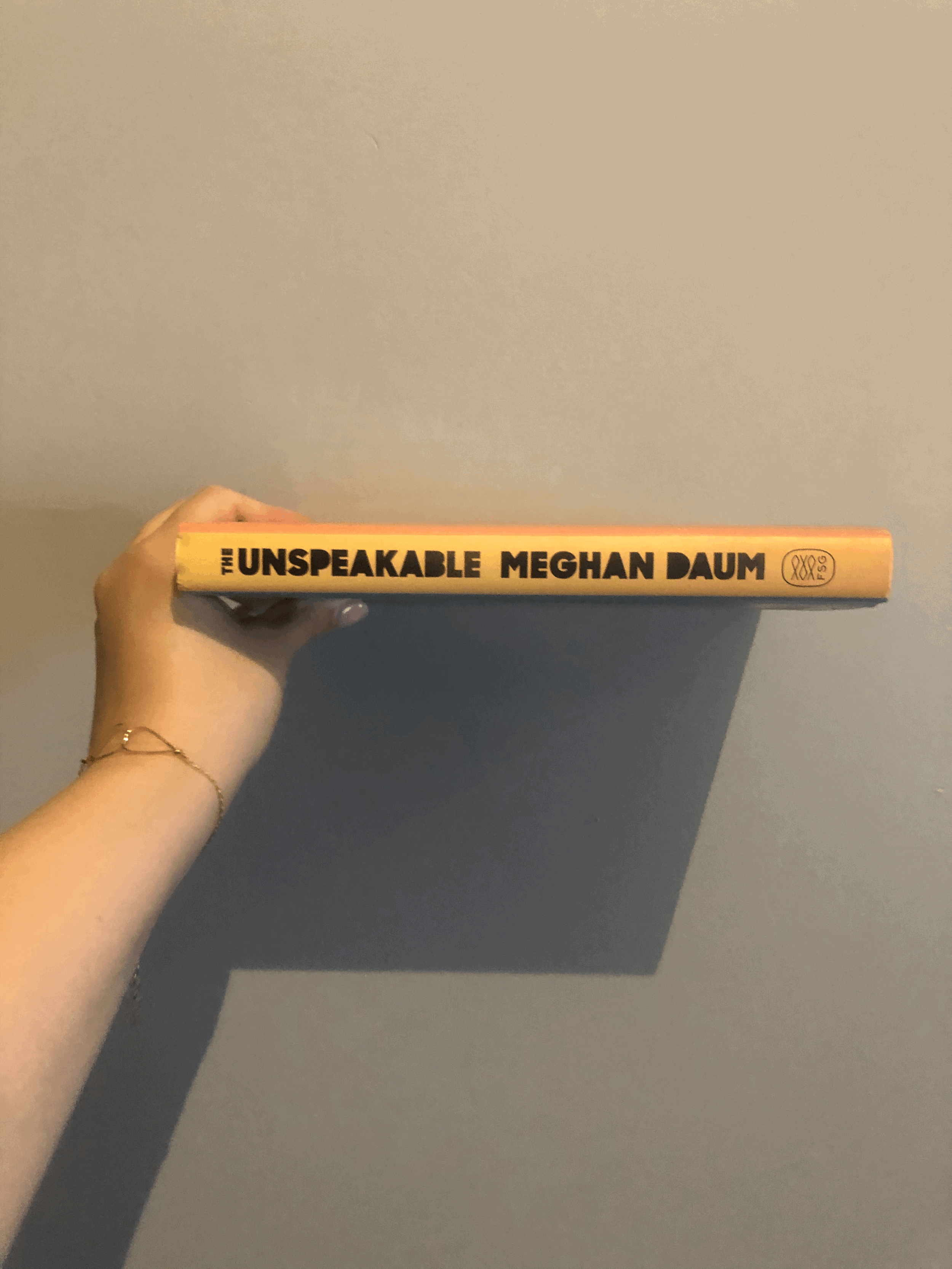
Meghan Daum’s “Central Sadness”
If in the future I find myself sometimes lonely and aimless, empty in an undefinable way, will I be able to talk about it without the question of children coming up?
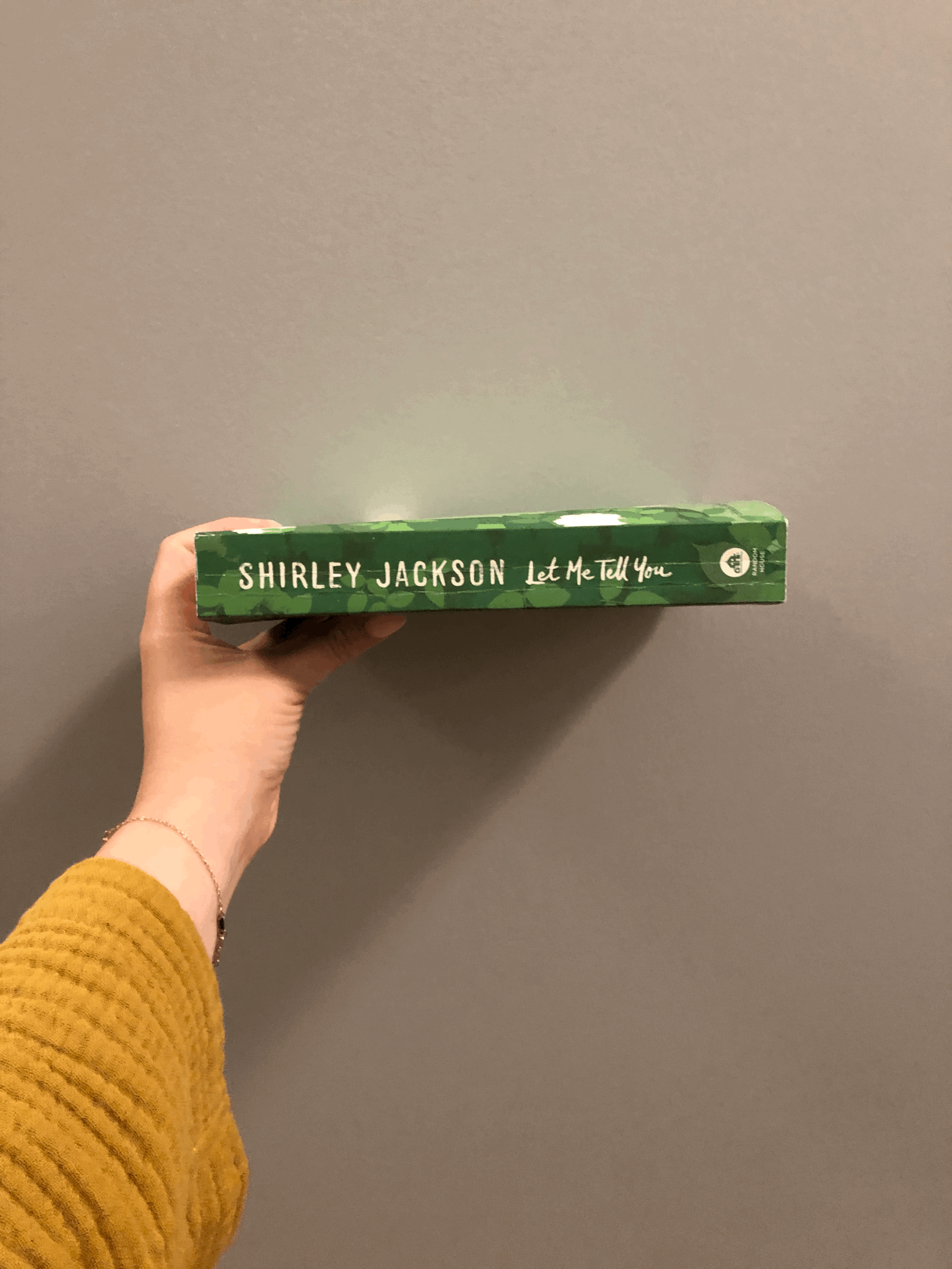
Shirley Jackson’s Motivating Motherhood
I wonder: would having babies motivate me? Would it supercharge my focus and force me to finish my book?
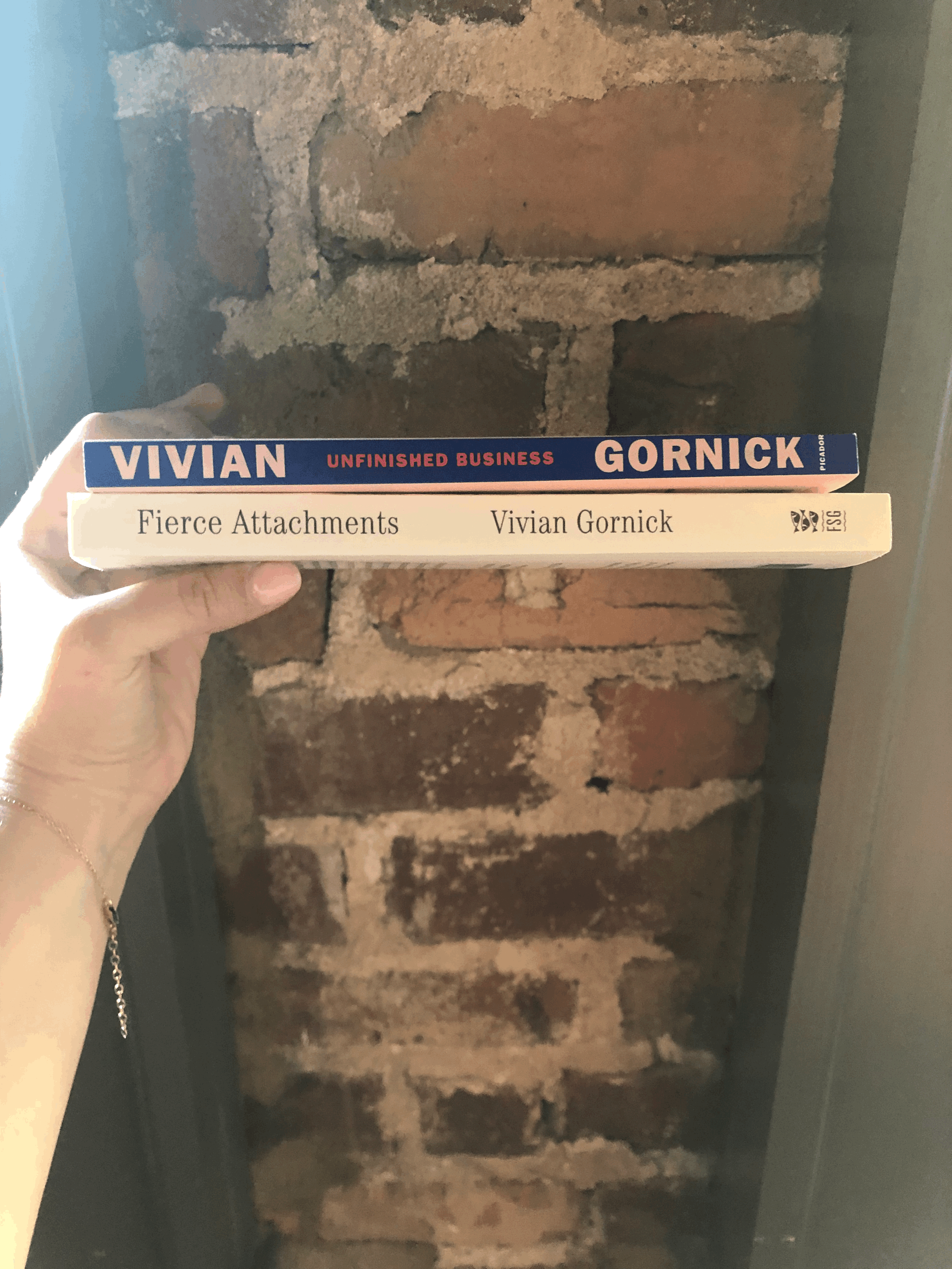
Vivian Gornick’s Mothers & Daughters
It’s not surprising, I suppose, that I should worry that being a full person is incompatible with being a mother: in the narrative I have of my own mother’s life, her tenure as a person appears to end with me.
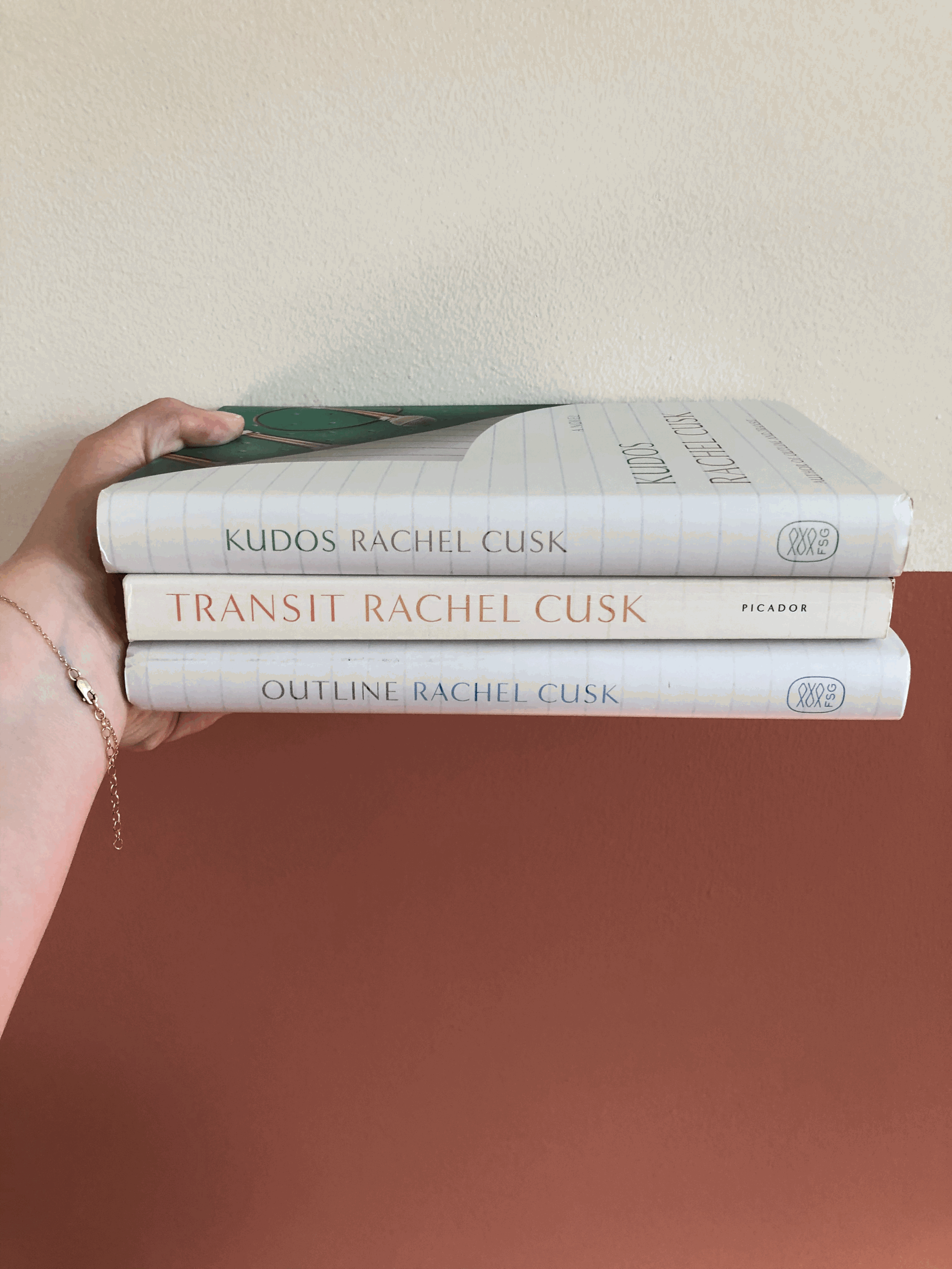
Rachel Cusk & The Sanctity of the Writer’s Room
So why, we might ask, doesn’t she have manuscripts, notebooks, cocktail napkins—all the anticipated ephemera of the working writer?
It’s because she is a mother.